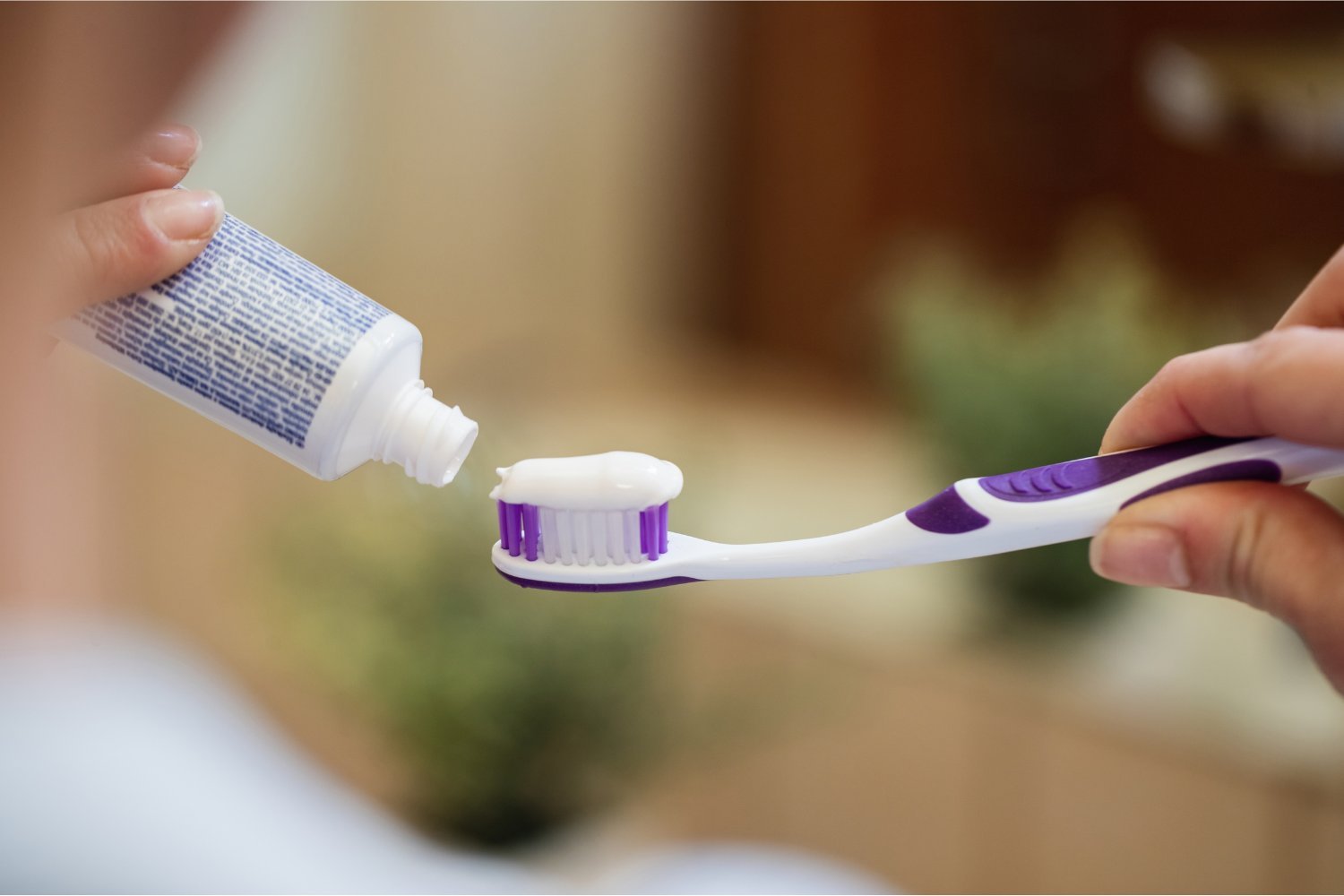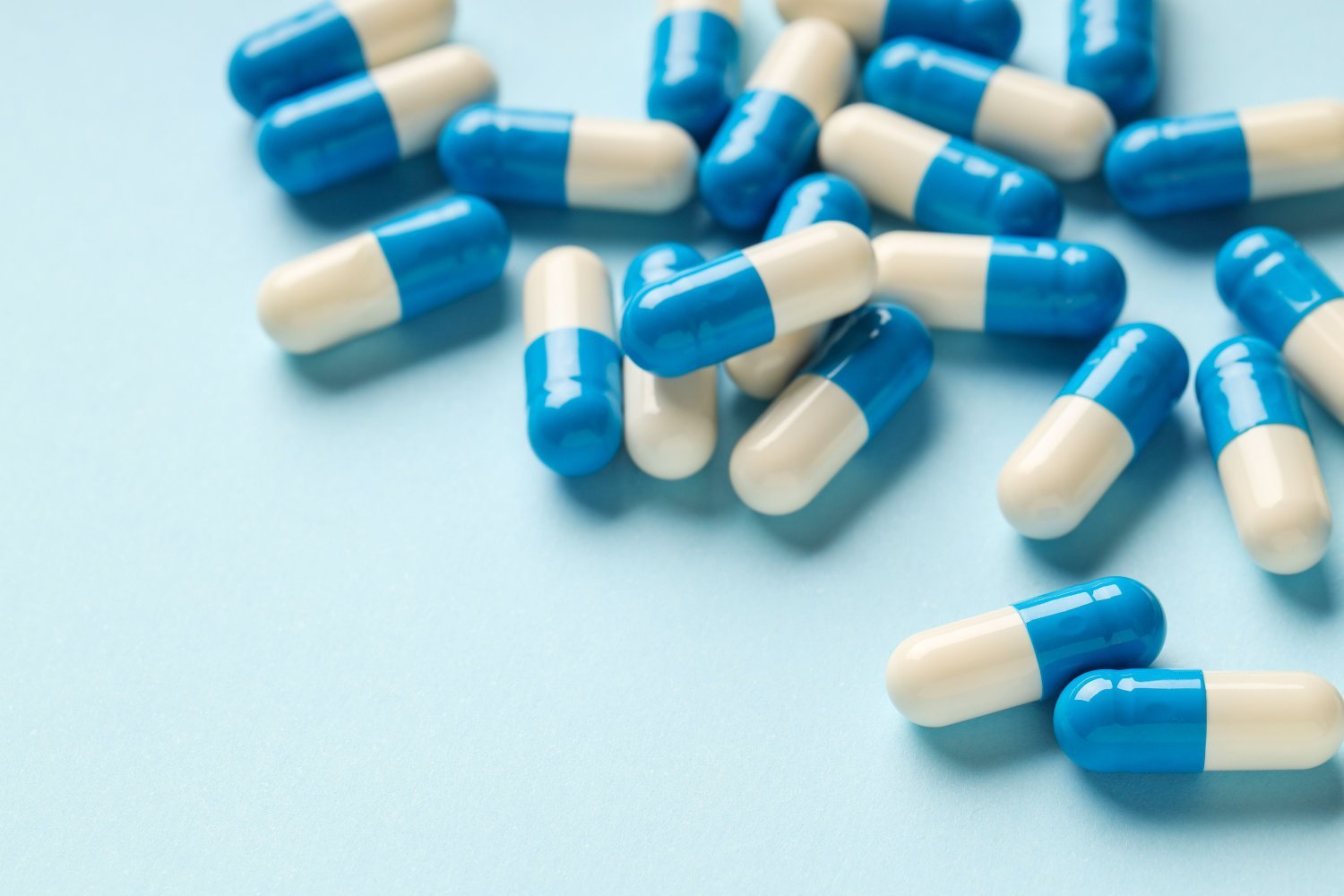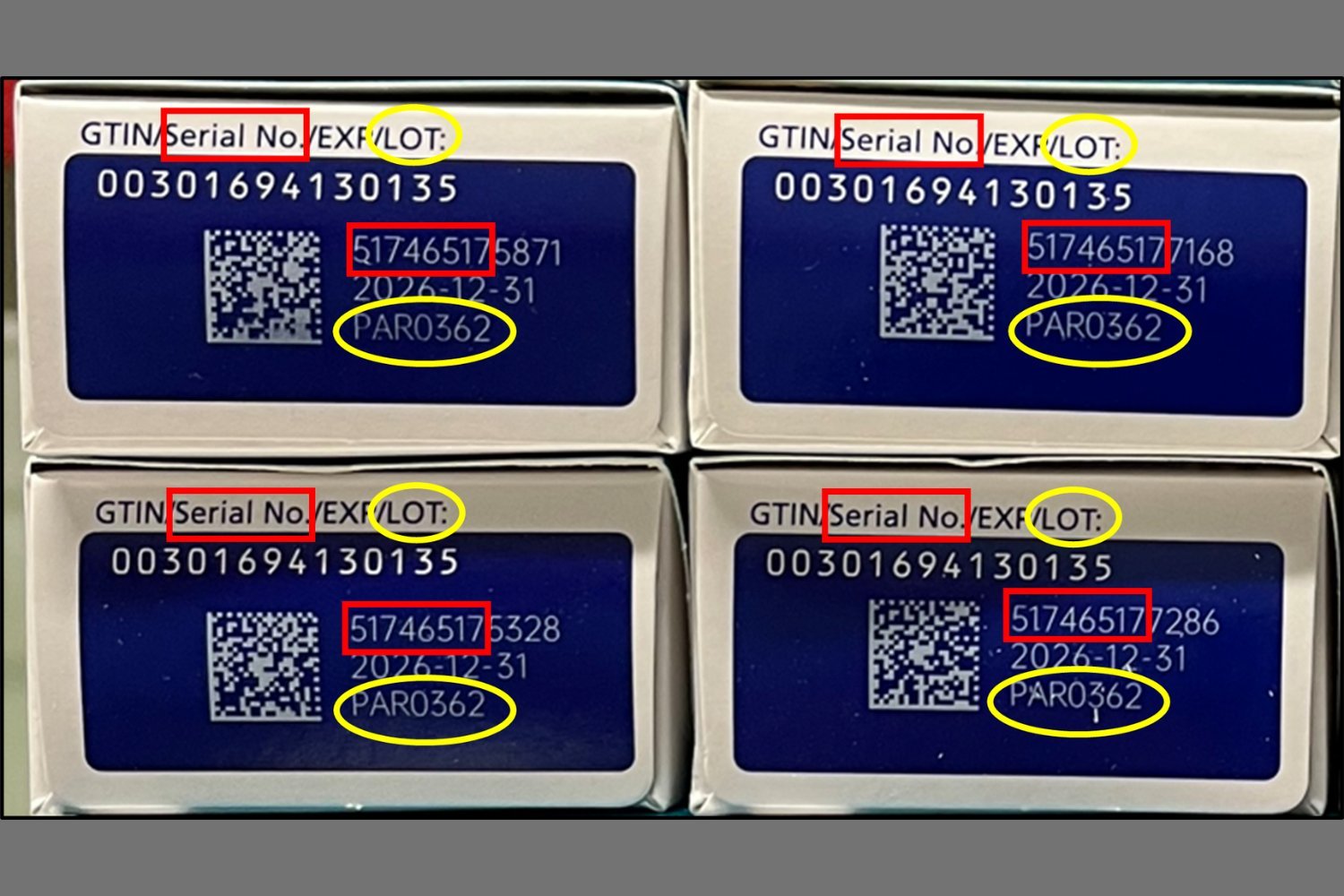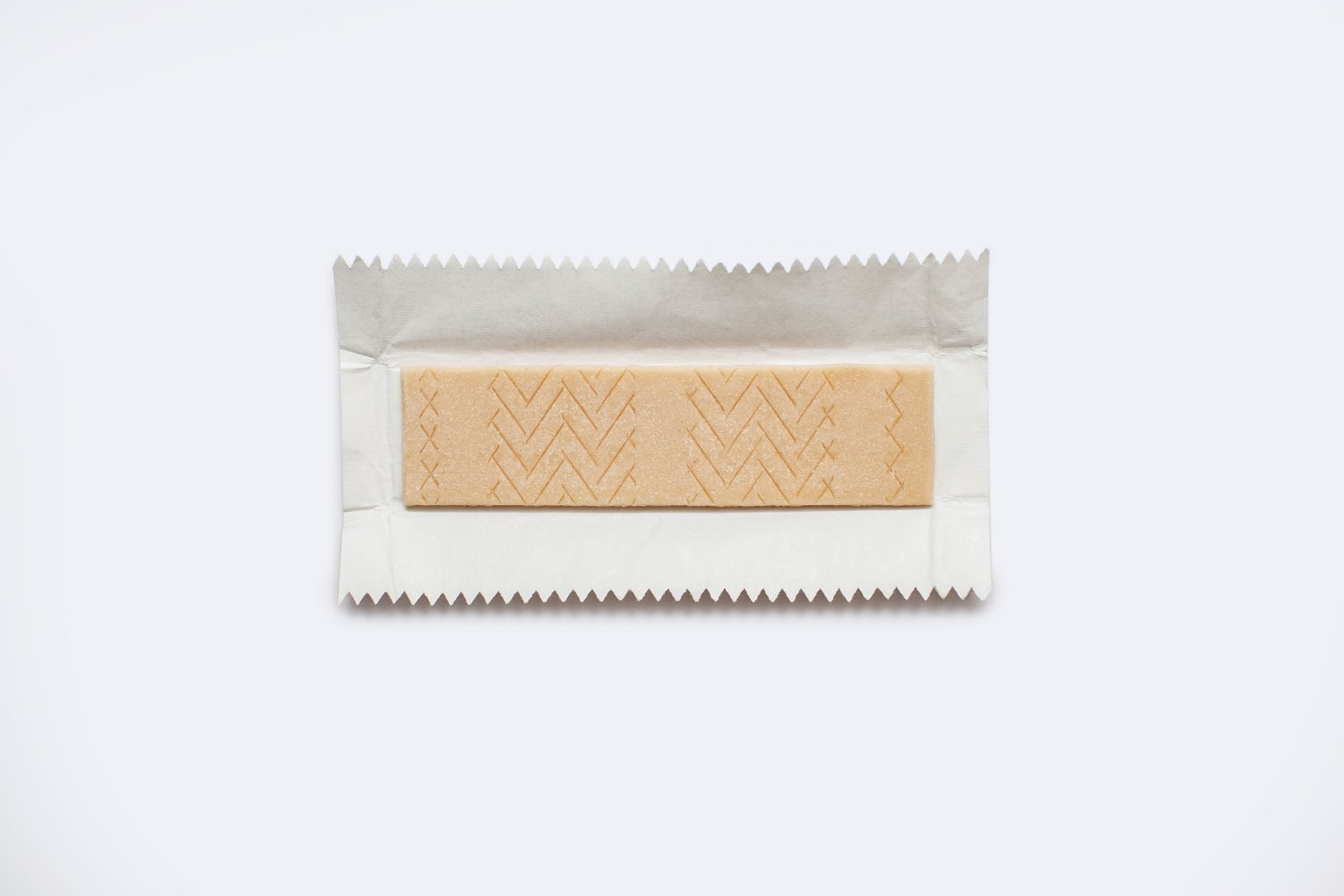Lead, mercury, arsenic, and cadmium—all toxic metals—have been found in dozens of popular toothpaste brands, according to recent research by Lead Safe Mama (LSM). This independent organization, dedicated to preventing childhood lead poisoning, tested 51 toothpastes and found alarming results. A staggering 90% tested positive for lead, including well-known brands like Sensodyne Extra Whitening Toothpaste, Tom’s of Maine Kid’s Natural Toothpaste, and Crest Regular Toothpaste. Furthermore, arsenic was detected in 65% of the brands, mercury in 47%, and cadmium in 35%.
LSM founder, Tamara Rubin, expressed her concern to The Guardian, stating the situation is “unconscionable,” especially in 2025, and highlighting the surprising lack of prior attention to this issue. The findings raise serious questions about the safety of everyday oral hygiene products.
Only five of the tested toothpastes were found to be free of these toxic metals: Dr. Brown’s Baby Toothpaste, Kids’ Spry Tooth Gel with Xylitol, Pegciz Toothpaste (Foam), Orajel Training Toothpaste, and Miessence Toothpaste. Rubin emphasized that these examples demonstrate the feasibility of manufacturing safer toothpaste options. This provides a glimmer of hope for consumers seeking truly safe alternatives.
While none of the contaminated products exceed the US Food and Drug Administration’s (FDA) current limit for lead in cosmetics (10,000 parts per billion), several surpass the stricter 1,000 ppb limit recently enacted in Washington State. This discrepancy highlights the evolving understanding of lead toxicity. The World Health Organization underscores the gravity of the situation by stating that there’s no safe level of lead exposure, meaning any exposure carries potential health risks.
LSM emphasizes their alignment with the scientific consensus on lead toxicity. They advocate for consumer empowerment and corporate accountability in manufacturing and selling lead-contaminated products, particularly those marketed for children. This call to action seeks to protect vulnerable populations from unnecessary exposure to harmful substances.
For sixteen years, LSM has been independently testing consumer goods like toys, household items, and jewelry through crowd-sourced funding. In 2024, they expanded their testing to include food, supplements, cosmetics, and personal care items, sending hundreds of community-nominated products to third-party labs. All lab reports are publicly available online, providing transparency and valuable information for consumers.
These findings, while unsettling, empower consumers to make informed decisions about their oral health. The work of LSM demonstrates the importance of independent testing and consumer advocacy in holding companies accountable and promoting safer product development. By raising awareness and demanding higher standards, consumers can drive positive change in the marketplace.











